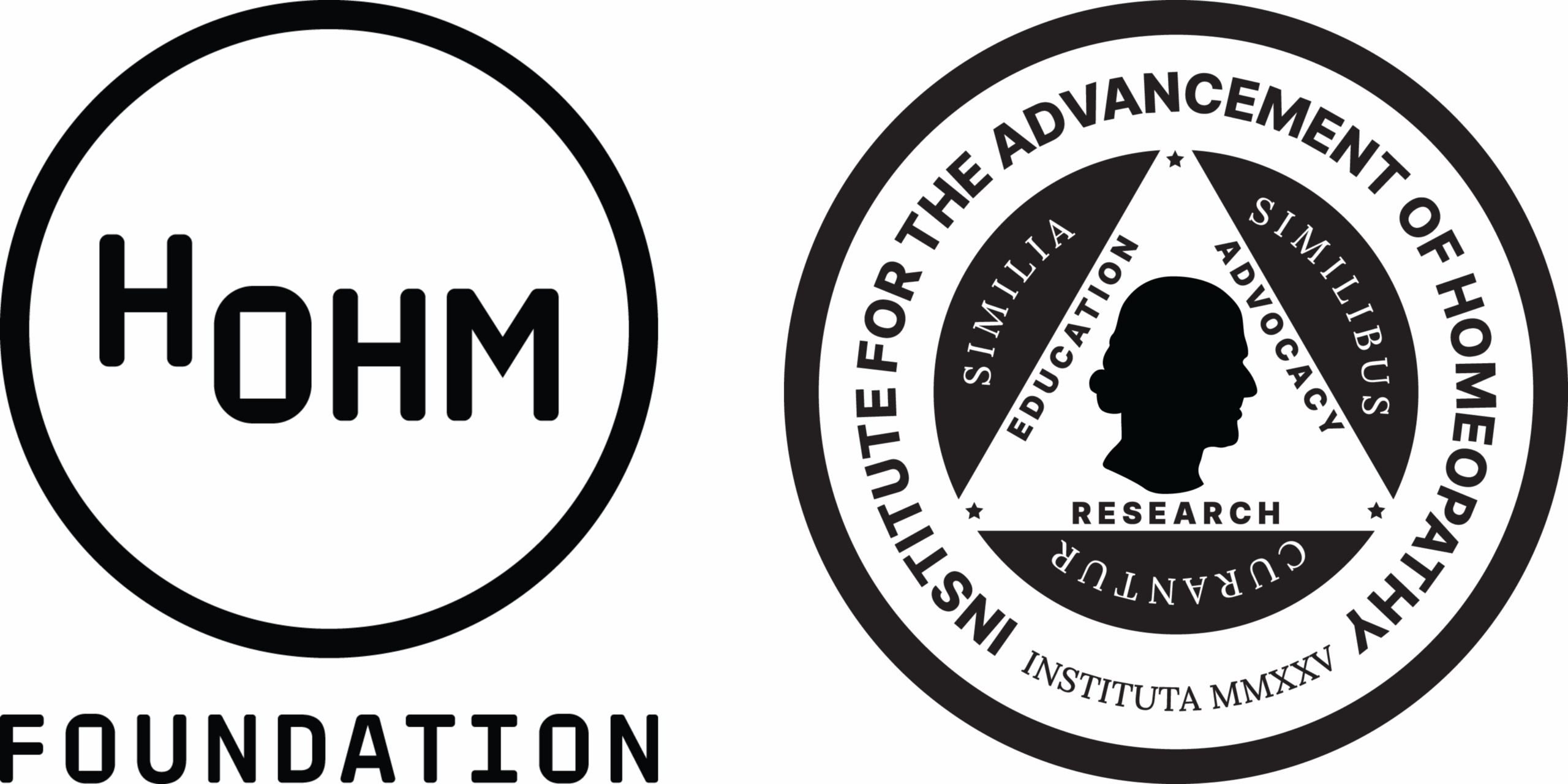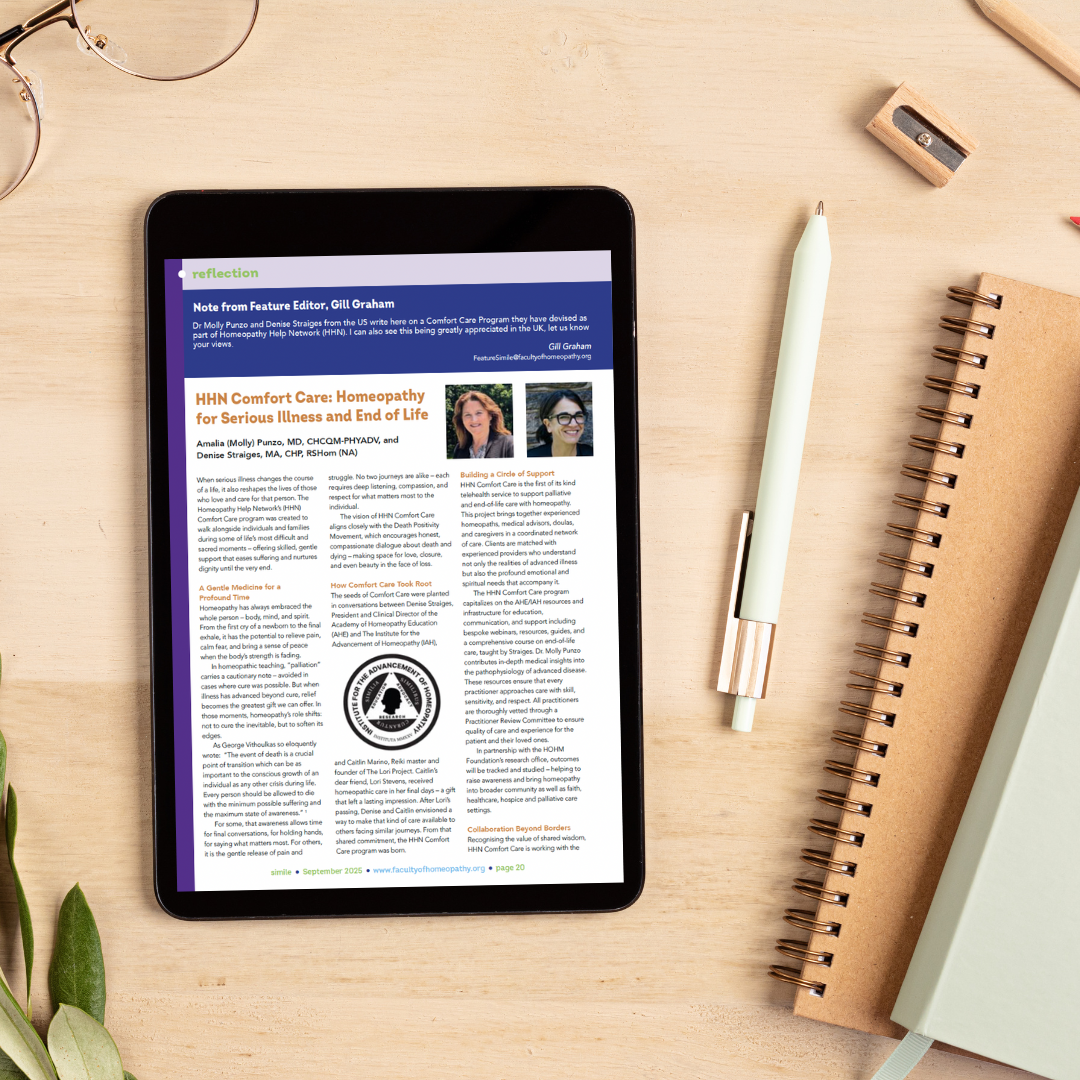

Homeopathy in New Zealand: New Workforce Survey Reveals Demographics, Training, and Registration Trends
A cross-sectional workforce survey conducted by HOHM Foundation provides new data on the demographics, education, practice status, and professional engagement of homeopaths in New Zealand. The findings highlight an experienced, largely female workforce, limited engagement with the national registering body, and a need for further research into professional sustainability.
In a country where professional registration is optional and many health professionals integrate homeopathy into broader practice, getting a clear picture of the homeopathic workforce has been a longstanding challenge. To address this, HOHM Foundation conducted a cross-sectional online survey of homeopaths across New Zealand—offering new insight into who is practicing homeopathy, how they were trained, and how they view their professional landscape.
Published in the European Journal of Integrative Medicine, the study is titled “Demographics, practice characteristics, professional satisfaction and professional association engagement of homeopaths in New Zealand.” It sheds light on a profession that has historically lacked consistent data.
Key Findings:
- Demographics: Respondents were overwhelmingly female (95%), with an average age of 57. Half were between ages 52 and 65.
- Location: 24.3% of surveyed homeopaths live in Auckland.
- Practice patterns: 80% of respondents are currently practicing, and 76% work in private practice.
- Training: Two-thirds were trained in New Zealand, and more than 40% of those attended a single institution. Over 30% trained overseas.
- Satisfaction: The most satisfying aspect of practice for 25% of respondents was the client-practitioner relationship and seeing clinical results.
- Professional registration: 58% reported being registered with the New Zealand Council of Homeopaths. Among the 42% who were not:
- 25% cited cost as a barrier
- 16.5% felt the registration requirements were too complicated
- 11% did not see a clear benefit to registration
Why it Matters?
The study’s authors note that “two indicators of health and growth in a profession appear to be missing in New Zealand”: widespread engagement with a national professional body, and a robust educational infrastructure (currently, only one school offers homeopathy training in the country).
Given these trends, the researchers conclude that further studies are needed—particularly to explore the roles of part-time and integrative prescribers, and to better understand the motivations and obstacles around professional registration.
Read the Full Study
This study was authored by Alastair C. Gray, Christine D. Luketic, Jessie Coleman, and Barbara Roberts.
It is open access and available here:
https://doi.org/10.1016/j.eujim.2025.102500








